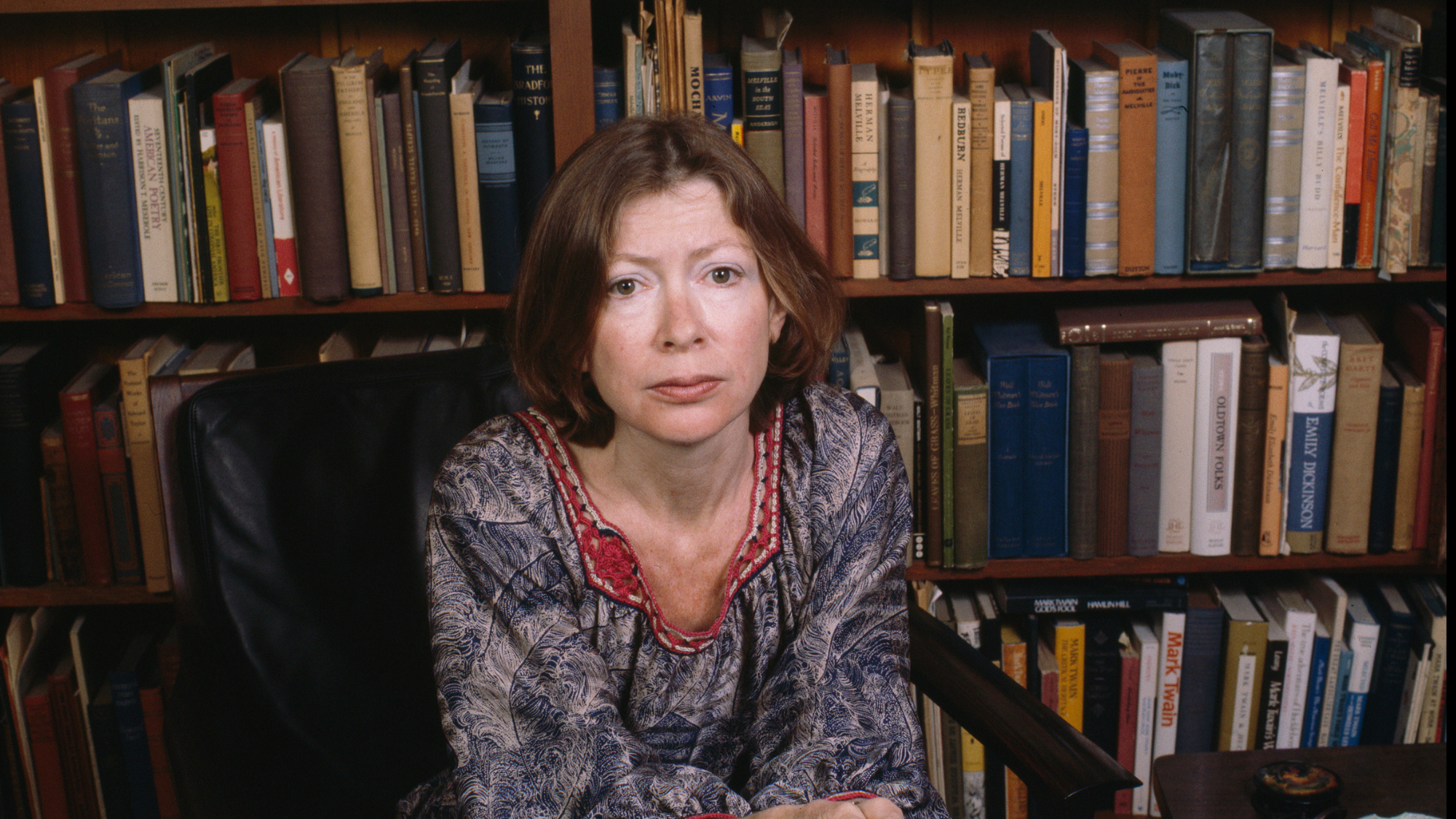The problem with 'Cool Girl Lit'
Has the ultra-popular book genre gone too far in 'commodifying' women's vulnerability?

A free daily email with the biggest news stories of the day – and the best features from TheWeek.com
You are now subscribed
Your newsletter sign-up was successful
With the rise of the "Cool Girl Literature", reading is now truly cool – if you're the right kind of girl reading the right kind of books. The "literary It-girl" trend is "wrought in aesthetics", said Alice Garnett in Prospect. Everyone wants to be "skinny, hot and effortlessly cool", like the late American authors Eve Babitz and Joan Didion.
These two "literary legends" are "the ultimate avatars" of the genre, said Time, naming Lili Anolik's new biography "Babitz & Didion" as one of the 100 must-read books of the year.
Anolik draws many distinctions between the two writers but it is the "commodification" of their cool that ties them together, said Jonathan Russell Clark in Esquire. Both Babitz and Didion are described as "a man's woman" but their coolness "is aimed at women", thrust constantly at every aspiring literary female.
The Week
Escape your echo chamber. Get the facts behind the news, plus analysis from multiple perspectives.

Sign up for The Week's Free Newsletters
From our morning news briefing to a weekly Good News Newsletter, get the best of The Week delivered directly to your inbox.
From our morning news briefing to a weekly Good News Newsletter, get the best of The Week delivered directly to your inbox.
'A dubious term that lambasts women'
And now "Cool Girl Lit", sometimes called "Sad Girl Lit", is booming in popularity. Women want to be seen reading Ottessa Moshfegh, Katie Kitamura, Sigrid Nunez and, of course, Sally Rooney. When Rooney's new book "Intermezzo" was published, Esquire's headline read, "Are You Cool Enough for the Latest Sally Rooney Novel?".
The defining feature of these novels is a protagonist who is "angry, melancholic and self-destructive", said Maria Couto on the Penguin Random House blog. "Sometimes, they are grieving, often they are bored," said Phoebe Stuckes in The Guardian. But critics of the Sad Girl Lit fail to "identify more complex emotions" in the books "because of our increasingly infantilised view of women authors". The Cool Girl novel is "dubious term", said Stuckes, that "lambasts women for dressing well and throwing parties".
'The dignity of complexity'
Criticism of this genre of writing spans right back to 1856, when George Eliot published her brutal takedown "Silly Novels by Lady Novelists". Now, instead of the "'lady' authors", we have "cool girl novelists", said Charlotte Stroud in The New Statesman. The genre has become so popular, it has reached a point of "parody", the novelists "no longer having a desire to entertain us" but "to do something far worthier: to impress us".
Through the genre seems to have reached a "saturation point", it shows no signs of slowing, said Sarah Manavis in The Guardian. But some new books by young women are "showing an appetite for something different". "I'm wary of defining the experience of being a woman through some idea of a shared sense of vulnerability," author Rachel Connolly told the newspaper.
A free daily email with the biggest news stories of the day – and the best features from TheWeek.com
It's just as liberating to watch "the dignity of complexity on the page", said Leslie Jamison in The New York Times. The woman writer has lately been praised for her "willingness to make her fragility a public commodity". But the world is ready for a new era of female narrators "contoured by joy, pleasure, curiosity, surprise, delight".
-
 How the FCC’s ‘equal time’ rule works
How the FCC’s ‘equal time’ rule worksIn the Spotlight The law is at the heart of the Colbert-CBS conflict
-
 What is the endgame in the DHS shutdown?
What is the endgame in the DHS shutdown?Today’s Big Question Democrats want to rein in ICE’s immigration crackdown
-
 ‘Poor time management isn’t just an inconvenience’
‘Poor time management isn’t just an inconvenience’Instant Opinion Opinion, comment and editorials of the day